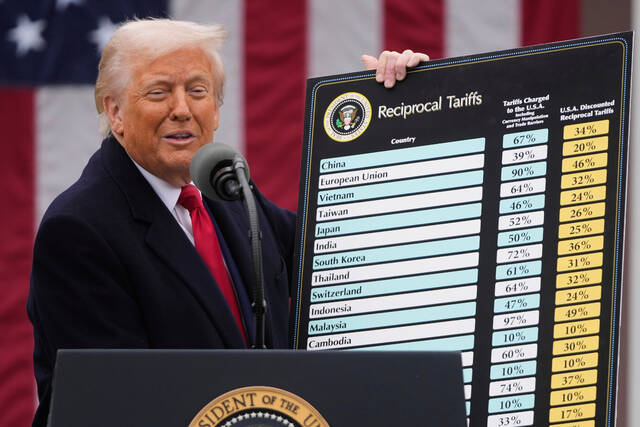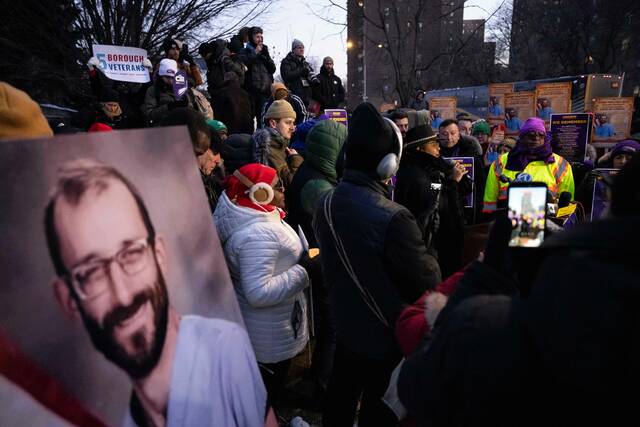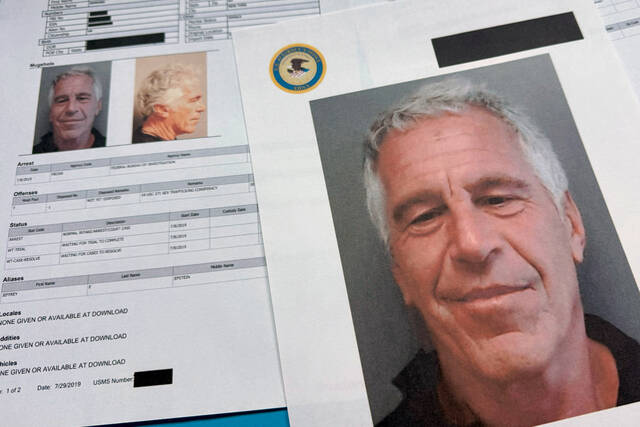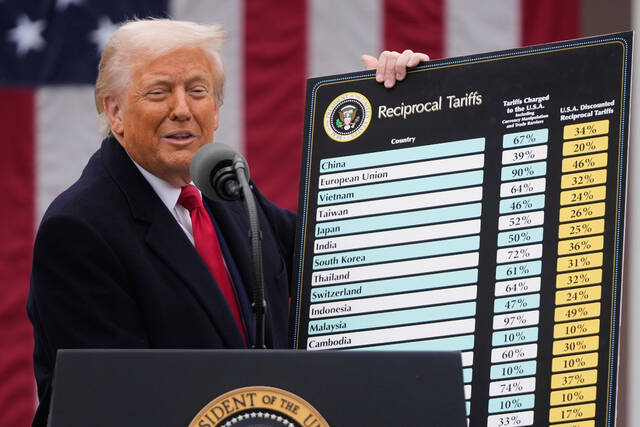College and high school graduation season has begun. With masking on the decline and new covid-19 cases on the rise, a perfect storm is brewing for the new omicron variant (labeled BA2.12.1) to anchor itself across the nation as everyone prepares for summer travel and vacationing.
The good news is that many graduation ceremonies can and will be held outdoors, which significantly reduces the risk of virus transmission. The not so good news is that large numbers of people will be gathering in close proximity, making it easier for virus transmission.
So what are some of the key aspects of graduations that make them risky?
Older parents and grandparents. Whether a young person is graduating from high school or college, parents and grandparents want to be there, and rightly so. The challenge is ensuring that they do not get infected during the celebration. The good news is that the uptakes of vaccines among this older group has been high. The not so good news is that not all of them have been boosted, which means that such people are more vulnerable to infection than their boosted contemporaries. Encouraging boosters prior to and masking up during such events for such people is advisable.
Indoor events: When events move indoors, whether due to weather or circumstance, virus transmission risk increases. With refreshments aplenty, masking becomes problematic. One unsuspecting infected attendee can spread the virus to others. Masking up, especially for the most vulnerable populations, is not only wise, it is necessary. This is consistent with recent CDC recommendations for one-third of the population.
In-home testing: In-home tests have become the norm for many who want to know their infection status. The challenge with this is that if a person tests positive just before a graduation event and is asymptomatic, is he/she prepared to forgo attending to keep from spreading the virus? For some, graduation is a once-in-a-lifetime event, especially for older relatives or the graduates themselves, so missing it is highly undesirable. Many will choose to attend and participate, hoping that they will not infect others. Some will attend wearing a high-quality N95 mask. Some may ignore the test result and attend. Some will stay home. The majority will just not bother to test. With most mandates relaxed, individual choices carry with them public consequences.
The enormous undercounting of reported cases due to in-home tests means that the nation is now in an omicron surge that already exceeds the delta surge in 2021 and working toward the first omicron surge that peaked in January 2022. With some protection offered with vaccines and natural immunity, plus a growing number of treatments available, fatality risk has dropped precipitously, with the seven-day moving average now below 300, the lowest level in almost a year. However, people are still ending up hospitalized. In fact, new hospital admissions are up over 100% since they bottomed out in early April.
Covid-19 has taught us that no one can consistently predict its future impact with accuracy. The delta and omicron surges were both unexpected. New omicron subvariants continue to emerge with unknown contagiousness and virulence.
Graduations will proceed as planned, and people will become infected. They are no different than people attending large sporting events or concerts over the past year once vaccination and masking requirements were dropped.
The one certainty is that there is no benefit to becoming infected, or reinfected, as many are discovering. Every infection avoided is one less opportunity for the virus to do harm, and one less opportunity for it to mutate. Everyone has a role in suppressing virus transmission. These are personal choices, with public consequences.
Sheldon Jacobson is a computer science professor at the University of Illinois Urbana-Champaign. Dr. Janet Jokela, an infectious disease and public health physician, is the acting regional dean of the University of Illinois College of Medicine at Urbana-Champaign.








